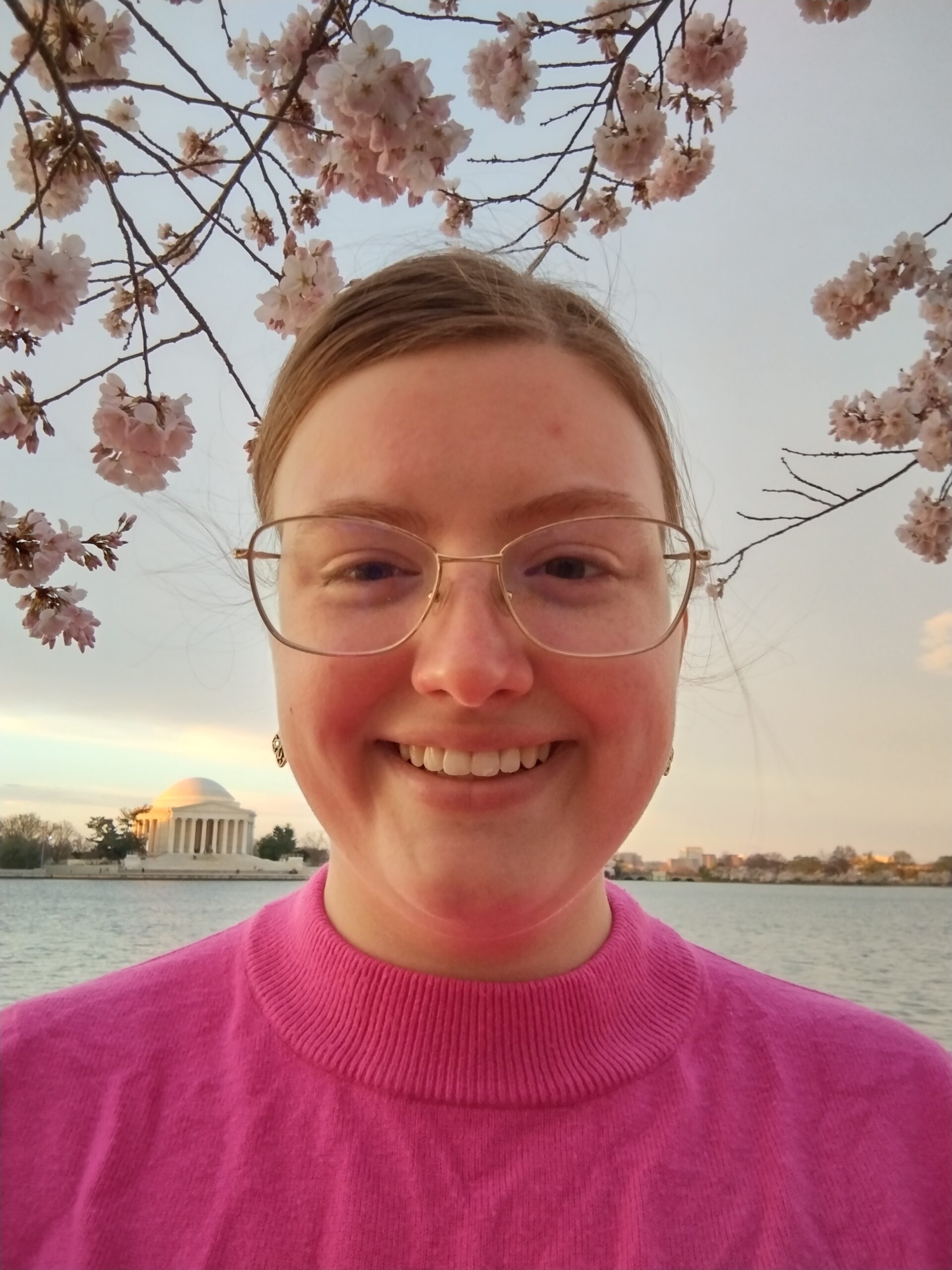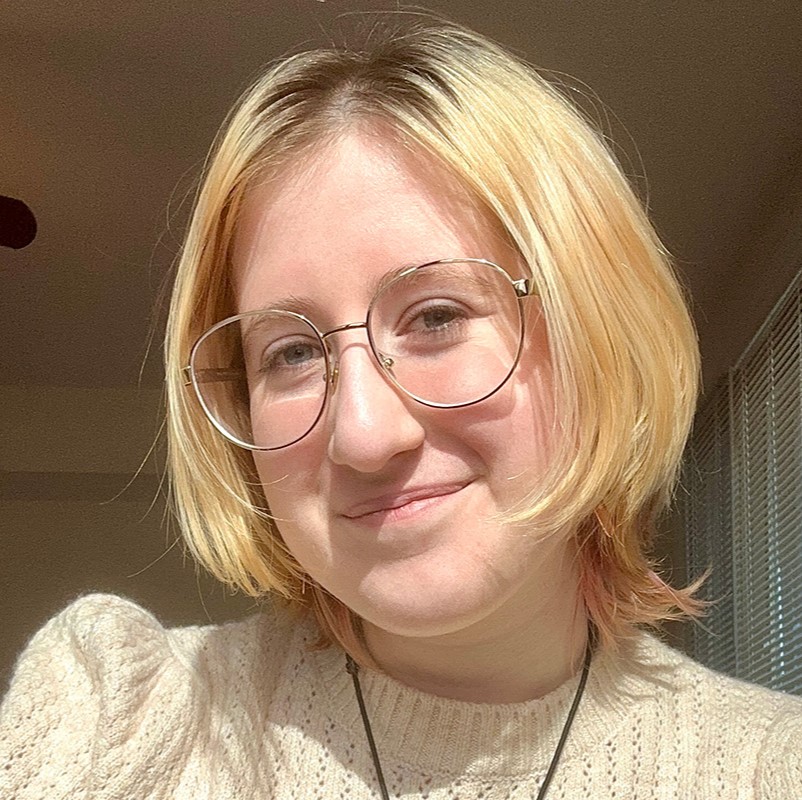Applied Learning
Get more in-depth information about the various hands-on learning opportunities available to Luther history students.
One of the most exciting elements of historical research is getting to dive into primary sources like letters, diaries, memoirs, speeches, and debates. In all of our lower-division classes, you will get to investigate these types of sources alongside learning the broad sweep of the time and place you are in.
For instance, students in a Scandinavian Immigration class explain the story of a newly immigrated Norwegian family based only on the contents of their luggage. Those studying public history will write local history stories for a Winneshiek county historical association publication. Those studying modern U.S. history visit the Luther archives to try to figure out why black students took over the dean’s office in the 1970s and to touch and read hand-written letters Weston “Butch” Noble sent home after liberating a concentration camp.
History students in upper division courses research topics of interest to them related to the broader theme of the course. This course-driven research deepens their understanding of the topic at hand and allows students to develop their own area of expertise within the general topic. From this work, students produce papers and classroom presentations. Some will present their work at the Student Research Symposium each Spring.
Topics from Recent Courses:
- 321 Top. in U.S. Hist: The U.S. and the Cold War
- 321 Top. in U.S. Hist:The History of the Hawaiian Islands
- 331 Top. in African American Hist: Criminal Justice in the U.S., 1740-2000
- 355 The Reformation in Renaissance Europe
- 362 Top. in South Asian Hist: Making India Hindu
- 485 Jr-Sr. Seminar: African Americans, Jazz and the Great Depression
- 485 Jr-Sr. Seminar: Slavery in Africa
- 485 Jr-Sr. Seminar: Family in Modern Europe
Luther’s academic program stresses education beyond the classroom walls. We encourage students to engage in real-world learning to test their career goals and gain valuable professional experience. Internships are a crucial component of this experiential learning and Luther helps match history majors with choice internships at museums, historical societies, and various governmental organizations.
Many history majors complete internships in Decorah, Chicago, Washington DC, and abroad before graduating.
For more information about internship opportunities at Luther, visit Career Center’s internship program.
Students can also gain hands-on experience working individually with professors by assisting professors on their own research projects. Working as an academic administrative assistant is part of the work study at Luther. Through these opportunities, students get a more detailed experience in document analysis, quantitative and qualitative research, and editing.
Recently, Dr. Sharp had a student assist her with a literature review on recent works published on African American business history and another student collecting evidence from archaeological reports from Charleston, South Carolina. As editor of the Norwegian-American Historical Association, Dr. Peterson has two student AAA workers assisting with editorial work for journal Norwegian-American Studies.
Faculty and students in the History Department regularly participate in the college wide Student/Faculty Collaborative Research summer program. Such projects normally arise as the result of conversations between history faculty members and individual students regarding their shared interests. From these conversations, the student and the faculty member submit proposals.
A recent topic was conducting oral histories of the members of the Luther College Band trip across the iron curtain for a documentary about the subject. Another student interviewed a transwoman and her wife about their experience of the former’s late in life transition. The student then submitted the transcripts to the University of Minnesota Tretter Project archives. There are normally 1-2 collaborative projects annually from the History Department.
Learn more about the student-faculty collaborative research program.
There’s just something about walking Gandhi’s last steps in New Delhi; putting your hands on the doors of the Castle Church in Wittenberg, Germany; looking through the bars into Mandela’s jail cell on Robben Island; or walking under the “Arbeit Macht Frei” gate at Auschwitz. Seeing historical sites with your own eyes enlivens and deepens your understanding of history and its connection to the world.
Faculty in the History Department periodically offer study away courses during January term under the guidance of the Center for Global Learning. These courses combine the discovery of the past through written texts with on-site experiential learning. Dig through dating ads at an LGBTQIA+ archive in Chicago. Discuss government building with a former president of Botswana, Sir Ketumile Masire. Luther College’s study away programs are one of its greatest strengths and the history department is a key asset to that strength.
The Luther Skald is published twice annually, spring and fall, and is intended to provide a venue for outstanding student history writing, which may also serve as a model for students working on history essays during their undergraduate careers. Although Luther’s History faculty recommend student work for publication, The Luther Skald accepts submissions, in the forms of book reviews and essays, from Luther alumni and current students. Manuscript submissions should follow the style guidelines established in the American Historical Review and should be sent to the editor. Manuscripts received by January 1 will be considered for the spring issue, and those received by August 1 will be considered for the fall issue. The Luther Skald will also print, from time to time, news of the honors and achievements of History students, faculty, and alumni.
History 485
History majors are required to complete History 485: Junior-Senior Seminar. Normally one section of this course is offered each semester, with the specific topic varying, depending on the instructor. The seminars give students the opportunity to examine a subject in more depth than is usually possible in a course covering a broader topic. Course work involves reading and discussion of works related to the general focus of the course, including historiography, and culminates in the preparation of a 20-25 page research paper. It is strongly encouraged that students take HIST 485 one or more semesters prior to completing HIST 490, the senior paper.
History 485 will be offered every fall semester.
Read about history major and museum studies minor, Emily Hursch, and her collections management internship for the Office of the Curator at the Supreme Court. Hursh did her internship through the Lutheran College Washington Semester, a personalized program where students from Lutheran-affiliated colleges engage in academic and professional opportunities in the nation’s capital.
Learn about history major Kamina Gager and her internship as an archivist at the Smithsonian National Museum of American History. Gager is one of two students interning as a processing and reference archivist in the Archives Center. Before heading off to D.C., Gager worked in Luther’s Anthropology Lab and Collections.
Contact Information
Robert Christman
Professor of History
Department Head
Office
Koren 207
700 College Drive
Decorah, Iowa 52101
Phone: 563-387-1451

